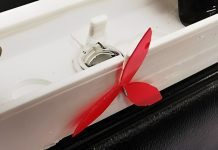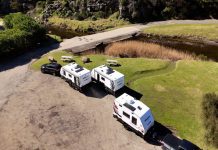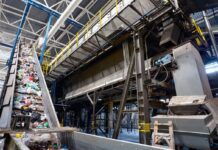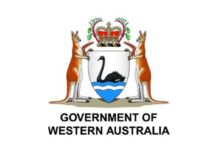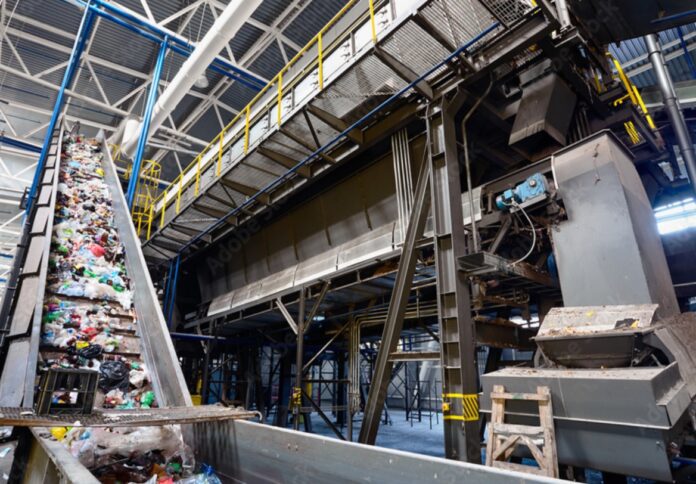
More than 17,000 tonnes of hard-to-recycle plastics, including soft plastic packaging, will be diverted from landfill each year in regional New South Wales under two new recycling projects backed by the Australian and New South Wales governments in partnership with industry.
The projects aim to expand recycling infrastructure, create local jobs, and support Australia’s shift towards a circular economy, as revealed in a media release.
Federal Minister for the Environment and Water Murray Watt said the investments demonstrated the governments’ commitment to transforming waste management.
“Australia’s transition to a circular economy is well underway, and this new infrastructure in New South Wales marks another important step in transforming how we manage plastic waste,” Watt said.
“Plastics remain a complex waste challenge. By building recycling capability with our state and territory partners, we’re making real progress in recovering materials that would otherwise go to landfill.”
iQRenew will receive $9.1 million to upgrade its Kundle Kundle facility on the Mid North Coast. The works will enable the plant to repurpose 10,000 tonnes of household-sourced soft plastic packaging annually.
Upgrades include improvements to an existing sorting line and the installation of a new processing line capable of producing resin for packaging applications and manufacturing products such as fence posts, bricks, bins, and shopping baskets. The project is expected to create up to 15 construction jobs and 10 ongoing roles.
Tamworth Regional Council will receive $1.9 million to establish a plastics recycling facility in partnership with 11 surrounding local councils and industry.
The facility will process 7,000 tonnes of hard-to-recycle plastics such as crates and pallets each year, converting them into new plastic products. The project is forecast to support 20 construction jobs and eight ongoing positions.
NSW Minister for Climate Change and the Environment Penny Sharpe said the projects will help address the state’s looming landfill shortage.
“Without action, Greater Sydney is on track to run out of landfill space by 2030. This means finding smarter ways to manage waste is not optional, it’s essential,” Sharpe said.
“By turning plastics that were once destined for landfill into valuable materials, we’re not only easing pressure on our waste systems but creating jobs and supporting regional economies.”
The $11.2 million investment is equally funded by the NSW Government’s Waste Less Recycle More initiative and the Australian Government’s Recycling Modernisation Fund.
Nationally, the Commonwealth is investing over $200 million through the fund, contributing to a combined $1 billion with state, territory, and industry partners.
Alongside the two regional projects, 38 other initiatives in NSW have secured $43.1 million in joint funding, expected to increase the state’s recycling capacity by more than 175,000 tonnes annually and drive $112.9 million in infrastructure investment.
Watt said the benefits extend beyond environmental gains. “These projects don’t just protect the environment; they also build local jobs and industries of the future,” he said. “That’s what our circular economy is delivering: smarter waste solutions for long-term environmental and economic benefits.”



